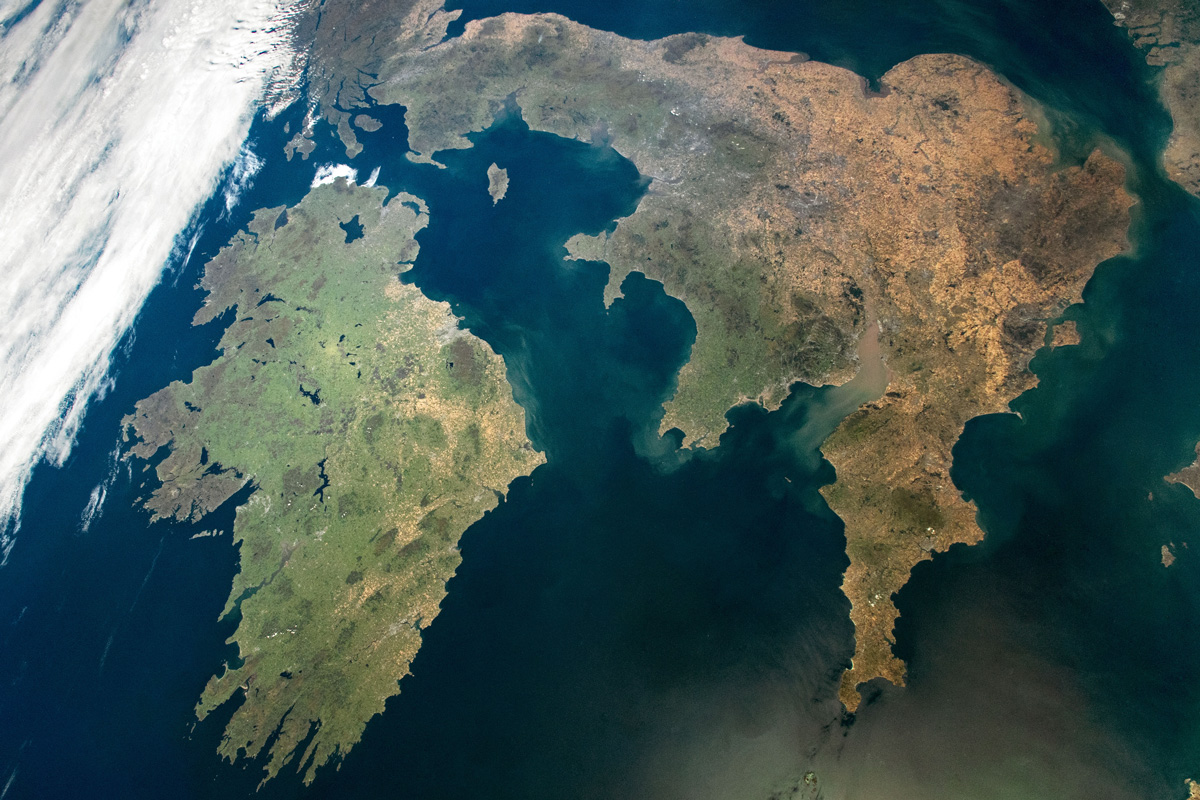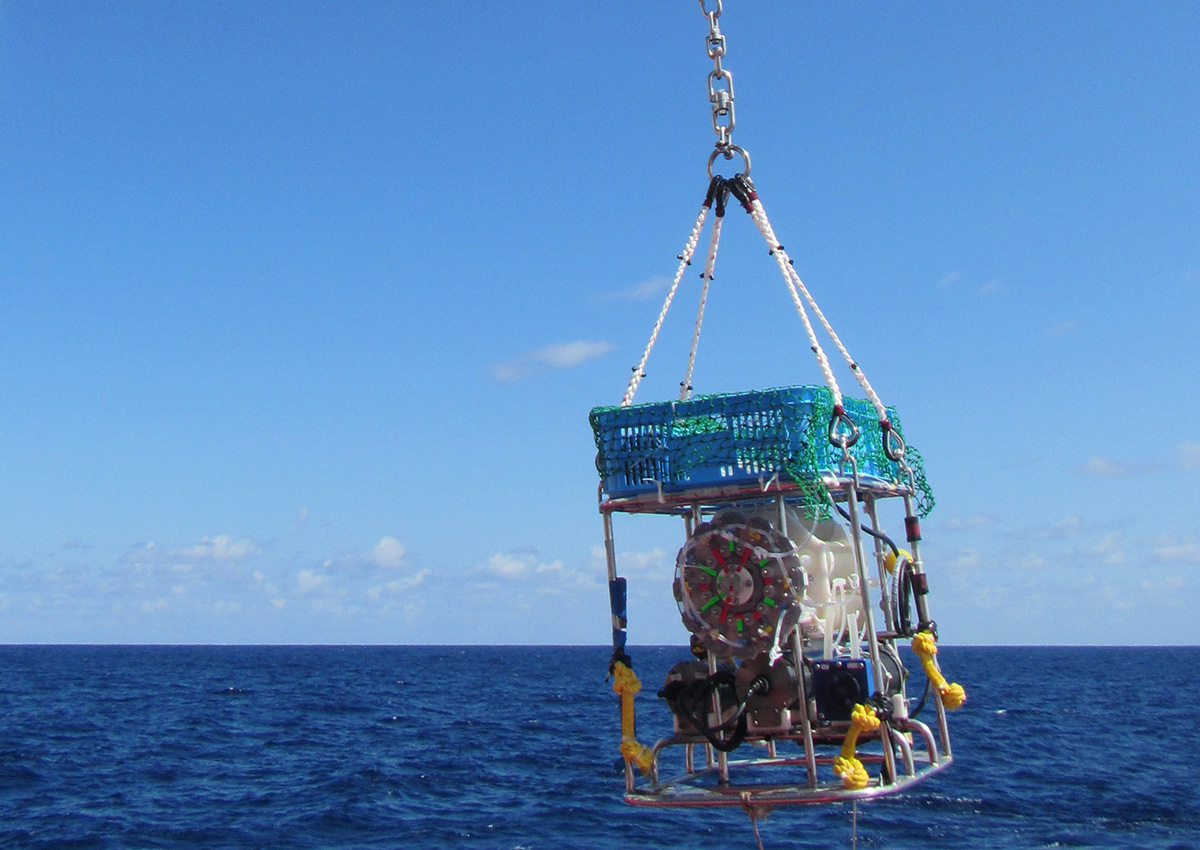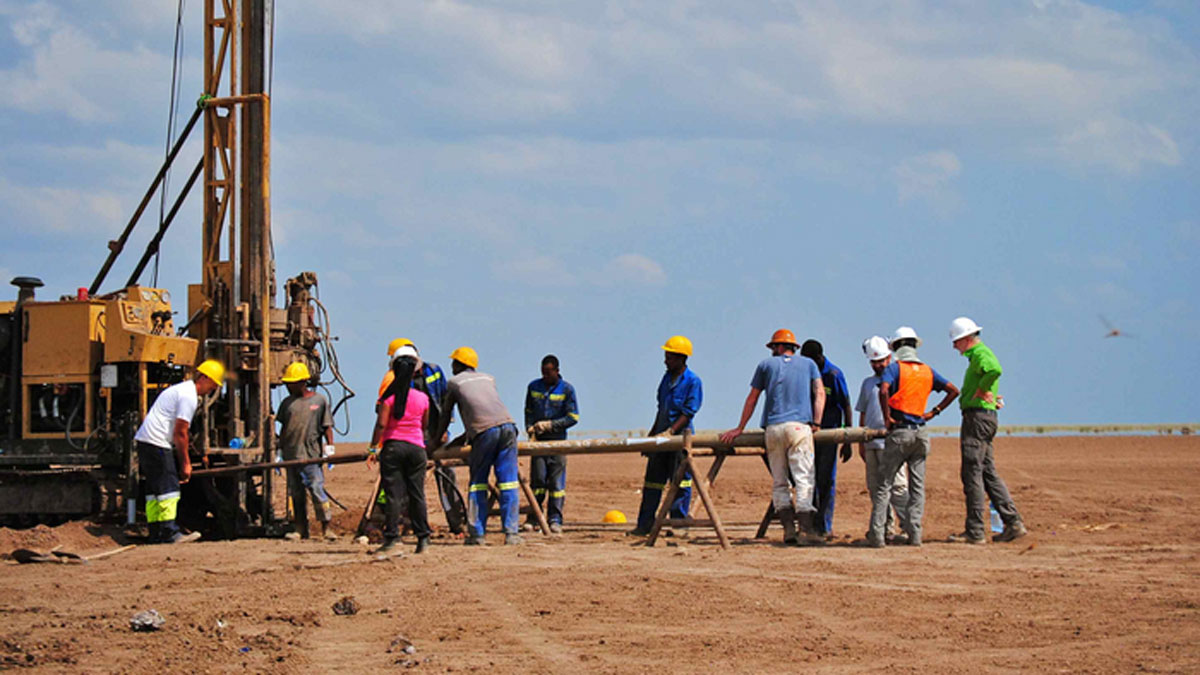The Emerald Isle has far fewer earthquakes than neighboring Britain. Now scientists think they know why.
Elise Cutts
La presión del océano profundo tiene un aplastante impacto en el ciclo del carbono
La presión extrema que existe en el mar profundo reduce el apetito de los microorganismos por carbono orgánico. Este hallazgo podría tener implicaciones importantes en la geoingeniería y el balance de carbono global.
Wildfire Smoke Destroys Ozone
Smoke aerosols from large wildfires are the perfect reaction surface for chlorine chemicals, speeding their transformation from ozone-friendly forms to reactive ones.
The Western Great Basin Has an Arsenic Problem—Blame Its Geology
A new study links geological factors such as faulting and geothermal activity to an elevated risk of arsenic contamination in private wells across the Great Basin.
Extreme Wildfires Make Their Own Weather
Extreme fires in the western United States and Southeast Asia influenced the local weather in ways that make fires and smoke pollution worse.
Does This Mineral Indicate Oxygen on Mars?
Manganese oxides are thought to be a signature of atmospheric oxygen. But on the Red Planet, recent results suggest they might be more of a red herring.
Deep-Sea Pressure Crushes Carbon Cycling
The extreme pressure in the deep sea stifles microbes’ appetite for organic carbon. This finding could have important implications for carbon budgets and geoengineering.
Glacial Ice Offers Polar Bears a Precarious Climate Refuge
An isolated polar bear population in southeastern Greenland survives in fjords, despite spotty sea ice. But this pocket of bears is not a sign of how the species could be saved.
Did a Chaotic Climate Drive Human Evolution?
A new 620,000-year climate record from East Africa reveals dramatic swings between wet and dry conditions that may have influenced human evolution.
Warmer Winters Keep Crops Sleepy into Spring, Hurting Yield
Annual crops go dormant during winter. Frosty temperatures cue them to wake up—but the warmer winters brought on by climate change scramble the cold signal, hurting yield.










